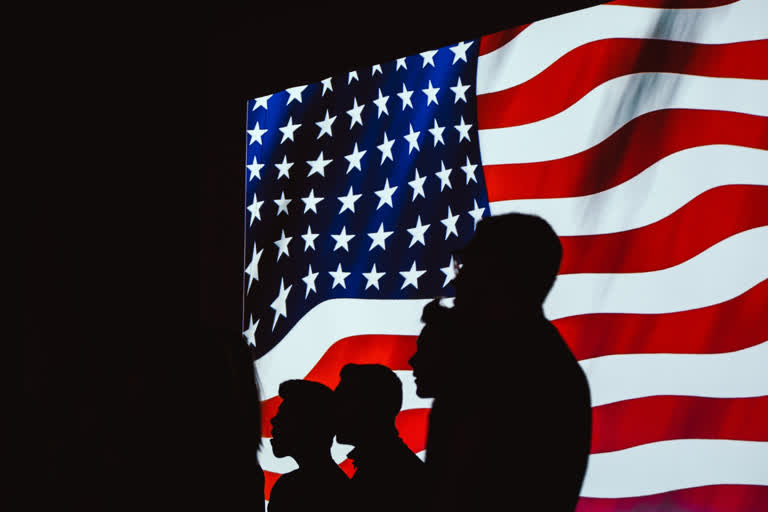Dubai: Top officials in Iran say the upcoming US election doesn’t matter, but nearly everyone else there seems to be holding their breath.
In the upper levels of Iran’s Islamic Republic, overseen by 81-year-old Supreme Leader Ayatollah Ali Khamenei, anti-Americanism is as deeply entrenched as at any time since the 1979 Islamic Revolution, with presidents from both parties seen as equally repugnant.
“America has a deep-rooted enmity against the Iranian nation and whether Trump is elected or Biden, it will not have any impact on the U.S. main policy to strike the Iranian nation,” parliament speaker Mohammad Bagher Qalibaf said in September, according to the semi-official Fars news agency.
Read:|Biden holds 12 point lead over Trump in new national poll
But noticeably, Khamenei himself hasn’t commented on the election, even as public interest has soared. State-run radio rebroadcast a BBC Farsi-language service simulcast of the presidential debates live — even as Iran continues to target journalists for the British broadcaster.
That interest allegedly includes Iran’s security apparatus as well. U.S. officials accuse the Islamic Republic of sending emails to voters seeking to intimidate them into voting for Trump. It may have been an attempt to link the president to apparent election interference to sow chaos, like Russia’s interference in America’s 2016 election. Tehran denies being involved.
The Iranian public is paying attention. The state-owned polling centre ISPA said this month that 55% of people believe the outcome of the election will affect Iran “a lot.” Over half expected Trump would win, while a fifth said, Biden. ISPA said it surveyed over 1,600 people by telephone and did not provide a margin of error.
Trump’s re-election would mean the extension of his pressure campaign, including sanctions on Khamenei and other senior officials. Some of the sanctions are largely symbolic — Khamenei has only once travelled to America and doesn’t hold any U.S. bank accounts — but others have devastated the economy and sent the local currency into freefall. As a hedge, Iranians have poured money into foreign currency, real estate, precious metals and the stock market — which hit a record high in August.
Trump on the campaign trail has hit on that and his decision to launch a drone strike that killed a top Iranian general in January — a move that led Tehran to launch a retaliatory ballistic missile strike, wounding dozens of American troops.
Read:|Biden faces challenges in quickly combating the pandemic
To cheers, Trump has described the general, Qassem Soleimani, as “the world’s No. 1 terrorist,” likely due to him being blamed for the improvised explosive devices that maimed U.S. troops in Iraq and for supporting Syria’s President Bashar Assad. Many Iranians revered Solemani for fighting against the Islamic State group and in the Iran-Iraq war in the 1980s, and millions flooded the streets for his funeral processions.
“The first call I get when we win will be from the head of Iran, let’s make a deal. Their economy is crashing,” Trump told a campaign rally in Allentown, Pennsylvania, on Monday. “They will call and I want them to do well, but they cannot have a nuclear weapon.”
